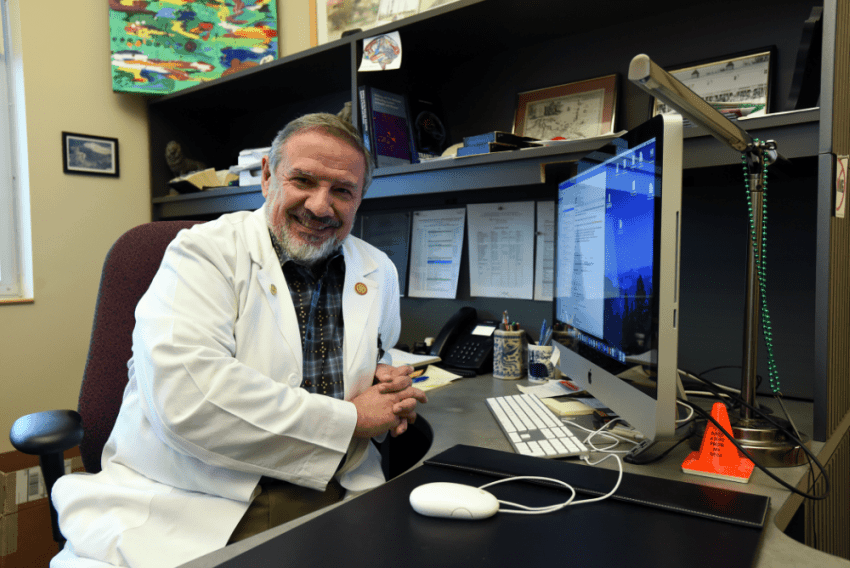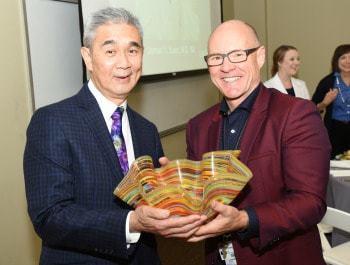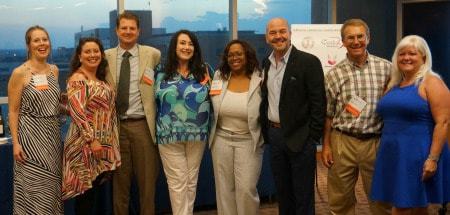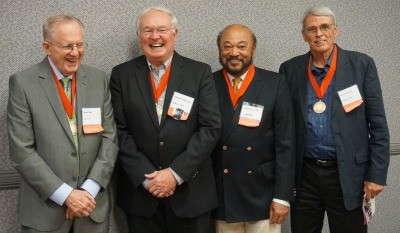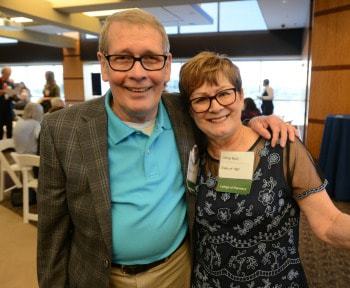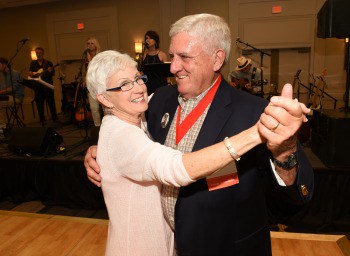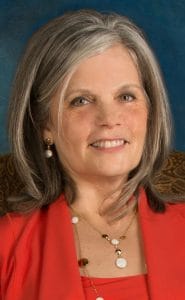Kevin D. Young, Ph.D., has been appointed chair of the Department of Microbiology and Immunology in the College of Medicine at the University of Arkansas for Medical Sciences (UAMS), effective Sept. 1.
Young has served as a professor in the department since 2009. He succeeds Richard P. Morrison, Ph.D., who became the college’s executive associate dean for research Aug. 1.
“Dr. Young is an accomplished, well-funded scientist who will ensure that the Department of Microbiology and Immunology continues its outstanding trajectory in research, scholarly work and education,” said Pope L. Moseley, M.D., executive vice chancellor at UAMS and dean of the College of Medicine.
Young has received more than $6.4 million from the National Institutes of Health (NIH) over the past two decades for his innovative research into bacterial cell walls, which could lead to new classes of antibiotics with longer effective life. He has been continuously funded for the past 32 years with more than $10 million in grant funding from federal agencies, national organizations and the pharmaceutical industry.
Young has focused his research on a pivotal step in the process of bacterial cell division, at which point bacteria are more vulnerable to antibiotics. He has served on numerous NIH and other federal agency panels that review grants or conduct advisory activities relating to research. Young has published extensively in prominent scientific journals. He serves on the editorial board for the Journal of Bacteriology and is a past member of the advisory boards for Molecular Microbiology and Microbe.
At UAMS, Young has served on numerous committees in support of research programs as well as the scientific advisory committees for faculty members, graduate students and post-docs. He has chaired the Promotion and Tenure Committee in the Department of Microbiology and Immunology since 2013. He received the Red Sash Award for teaching from senior medical students in 2016.
Young received his doctorate in microbiology at the University of Oklahoma in Norman in 1981. He completed postdoctoral work in the Department of Medical Biochemistry at Texas A&M College of Medicine in 1981-1983 and in the Department of Molecular Biology at the University of California at Berkeley in 1983-1985.
UAMS is the state’s only health sciences university, with colleges of Medicine, Nursing, Pharmacy, Health Professions and Public Health; a graduate school; a hospital; a northwest Arkansas regional campus; a statewide network of regional centers; and seven institutes: the Winthrop P. Rockefeller Cancer Institute, the Jackson T. Stephens Spine & Neurosciences Institute, the Myeloma Institute, the Harvey & Bernice Jones Eye Institute, the Psychiatric Research Institute, the Donald W. Reynolds Institute on Aging and the Translational Research Institute. It is the only adult Level 1 trauma center in the state. UAMS has 2,870 students, 799 medical residents and five dental residents. It is the state’s largest public employer with more than 10,000 employees, including about 1,200 physicians who provide care to patients at UAMS and its regional campuses throughout the state, Arkansas Children’s Hospital, the VA Medical Center and Baptist Health. Visit www.uams.edu or www.uamshealth.com. Find us on Facebook, Twitter, YouTube or Instagram.
###


